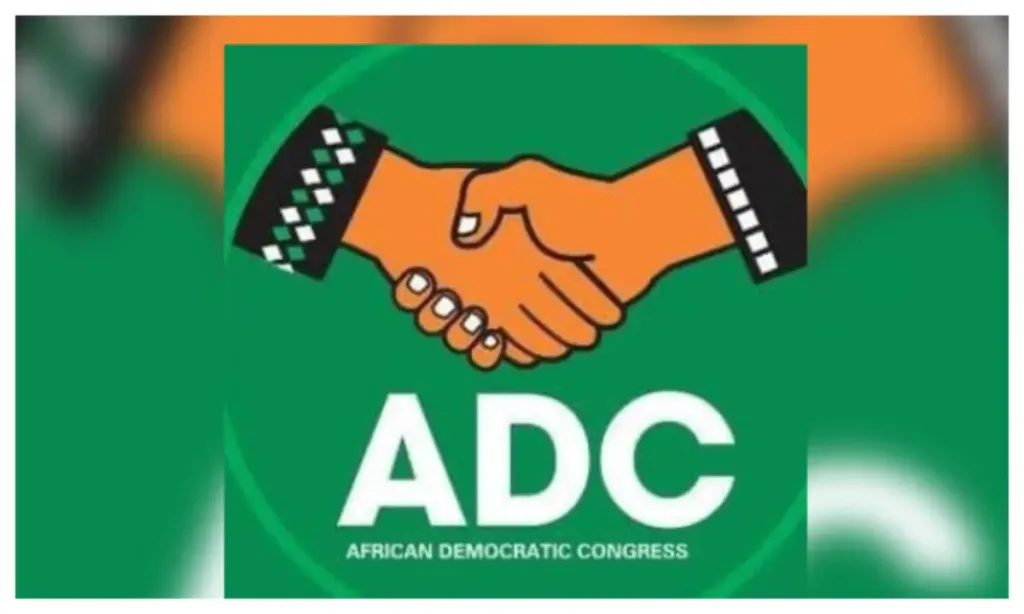Political tensions in Nigeria’s Kebbi State escalated over the weekend as the African Democratic Congress (ADC) clashed with the ruling All Progressives Congress (APC) following disparaging remarks by the latter’s chairman. Alhaji Abubakar Kana-Zuru, head of the APC in Kebbi, labeled the ADC as “irrelevant” and dominated by “immature youths” during a Saturday event launching fertilizer distribution in Kaoje town. The ADC swiftly rebutted the criticism, framing it as a sign of the APC’s growing unease amid public discontent.
In a strongly worded statement released Sunday, Kebbi’s ADC Chairman, Alhaji Bala Sufiyanu, accused the APC of deflecting attention from governance failures. He cited rising poverty, farmer insecurity, unemployment, and stalled infrastructure projects as consequences of the APC’s policies. “These challenges are felt not just in Kebbi but across Nigeria,” Sufiyanu said, alleging the ruling party had shifted focus to “attacking the only opposition offering a vision rooted in integrity and competence.”
Responding to Kana-Zuru’s dismissal of the ADC’s youth-driven structure, Sufiyanu pointed to Nigeria’s history of young leaders, noting three former heads of state—Yakubu Gowon, Murtala Mohammed, and Muhammadu Buhari—who assumed power in their 30s and 40s. “Leadership is defined by vision, not age,” he argued. “Kebbi needs the energy and innovation of young leaders, not recycled politicians.” The remarks spotlight a recurring debate in Nigerian politics, where youth-led movements have gained momentum amid calls for systemic change.
The ADC’s rebuttal framed the APC’s criticism as indicative of a broader pattern of “desperation” within the ruling party. Sufiyanu highlighted nationwide frustrations over economic pressures, including inflation and limited access to agricultural markets, which he claimed disproportionately affect rural communities. Farmers in Kebbi, a key agricultural region, have reportedly faced heightened insecurity and logistical challenges in recent years, exacerbating food production concerns.
Political analysts suggest the exchange reflects growing stakes ahead of future elections, with opposition parties like the ADC positioning themselves as alternatives to the APC’s decades-long dominance. Buhari, now a former president, remains a polarizing figure, with his legacy scrutinized amid Nigeria’s current economic strains.
Sufiyanu concluded by assuring voters that “politics without accountability are numbered,” emphasizing youth engagement as pivotal to Kebbi’s future. The APC has yet to respond to the ADC’s latest statements. As Nigeria navigates complex socioeconomic challenges, the clash underscores deepening ideological divides and the evolving role of younger generations in shaping the country’s political landscape.
